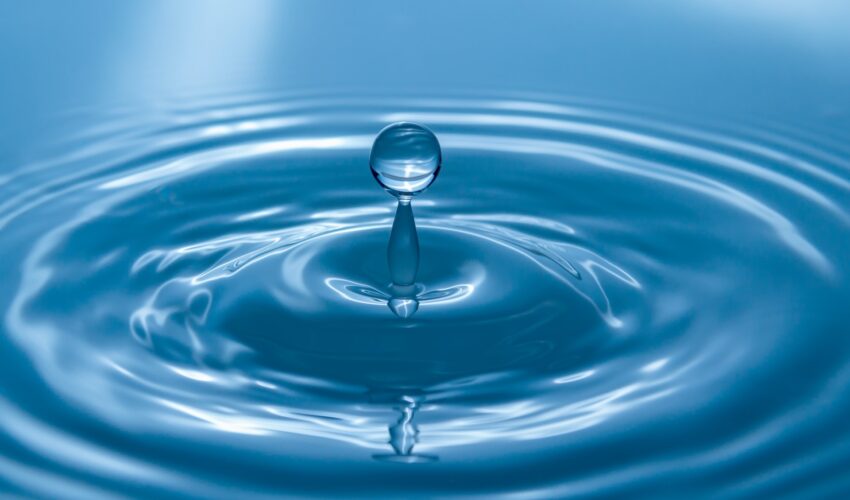Known for its rich culture and deep history, San Antonio is also known for a less appealing trait: hard water. In fact, San Antonio has some of the hardest water in the United States. With its high mineral content, hard water leaves a calcified or scaly residue that can wreak havoc on your plumbing, water-using appliances, dishes, clothes, and even your skin and hair.
To combat the effects of hard water, homeowners must consider the water softening options available to them. In this article, we discuss the difference between the two types of softening salt available for use in conventional ion-exchange water softeners, explain the benefits behind each, and look at other potential alternatives.
Different Types of Softening Salt
There are two types of salt—sodium chloride and potassium chloride—that are used in traditional water softeners. Both types of salt are available in crystal or pellet form. While most manufacturers recommend crystal salt due to the ease in which it dissolves, we recommend pellet salt because it is far less likely to cause what is called a “salt bridge,” where the salt hardens and fails to sink to the bottom of the brine tank. This salt bridge prevents the water from being softened and must be broken up to allow for proper recycling of soft water in your system. In any case, these salts are both equally effective at softening the water, but have some key differences.
Sodium Chloride:
This salt is closely formulated to regular table salt we are used to adding to our food. It is used to remove the mineral ions, replacing them with sodium ions before the water is circulated throughout your home. The water softener draws the hard water into a resin inside the softener, releases sodium ions to replace the mineral ions and then passes the softened water into a separate tank.
Benefits:
- Sodium chloride is much more affordable and no less effective at softening water as its counterpart. This type of salt is typically five to six times cheaper than potassium chloride.
- It takes less sodium chloride to treat the same volume of water than it would for potassium chloride. This helps you save even more money in the long run.
- A common misconception is that sodium chloride makes the water taste salty and add high levels of sodium to the water. In reality, the sodium chloride breaks down and only leaves a tiny amount of sodium in the water.
Potassium Chloride:
Potassium chloride works exactly like sodium chloride—but instead of adding sodium, mineral ions are replaced with potassium ions.
Benefits:
- Since potassium chloride contains potassium, a nutrient known to help plants grow, they are considered more environmentally friendly than sodium chloride. This type of soft water will also be good for watering household plants, which is not recommended for water softened with sodium chloride.
- Not only is potassium better for the environment, but it’s better for you as well. Water softened by potassium chloride can add minimal amounts of potassium to your diet when consumed, which has a variety of health benefits.
- Homeowners who need to closely monitor their sodium intake for health reasons do not need to worry about sodium content in their water, since potassium is used instead of sodium.
Bottomline:
Both sodium chloride and potassium chloride are capable of handling San Antonio’s hard water. If cost is not a factor, a potassium chloride water softener is the best option.
Are There Water Softener Alternatives?
For areas with ultra-hard water like San Antonio, there aren’t workable alternatives to a traditional ion-exchange water softener. Water “conditioning” might work in other parts of the country, but when it comes to removing the sediment found in ultra-hard water, ion-exchange softeners are the right tools for the job.
Conclusion:
If you’re seeking a solution to your hard water problem, look no further than North East Air Conditioning, Heating & Plumbing. As a family-owned residential and commercial HVAC and plumbing company, North East Air Conditioning can seamlessly install an ion-exchange water softener in your home, giving you the safe and residue-free water you’re searching for. To get started on your journey to better water, give North East Air Conditioning a call at (210) 658-0111 or visit our website today.
Photo by Herbert Goetsch on Unsplash


